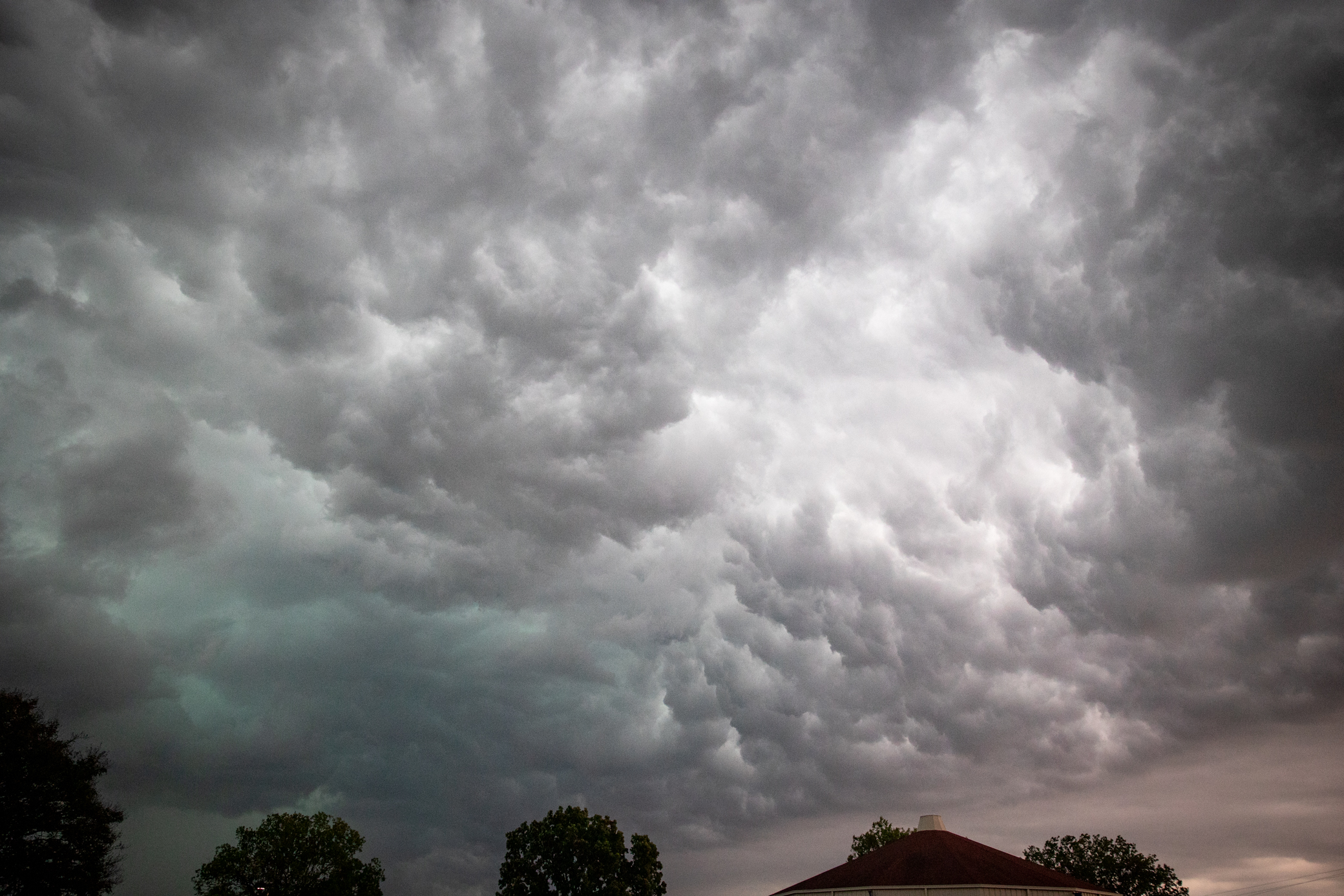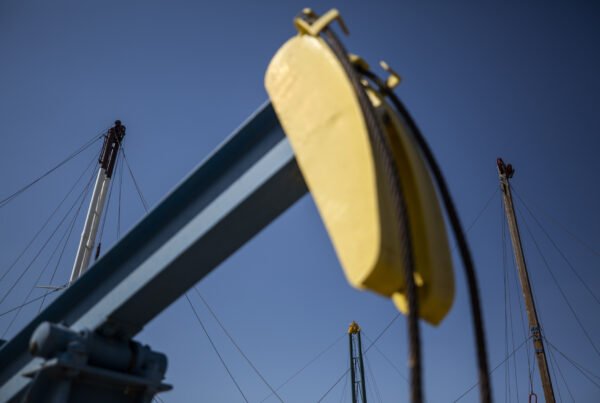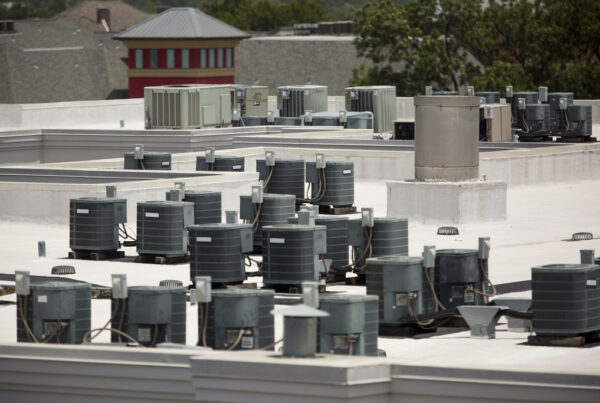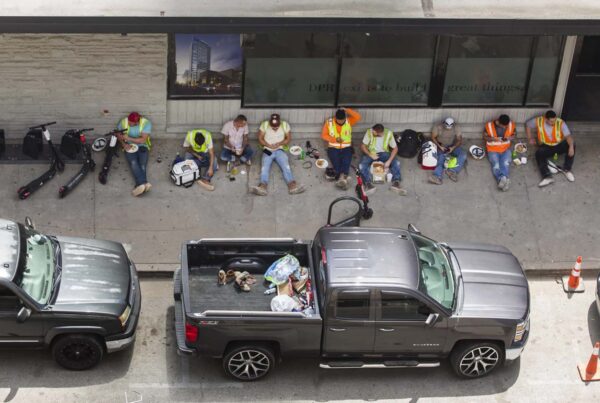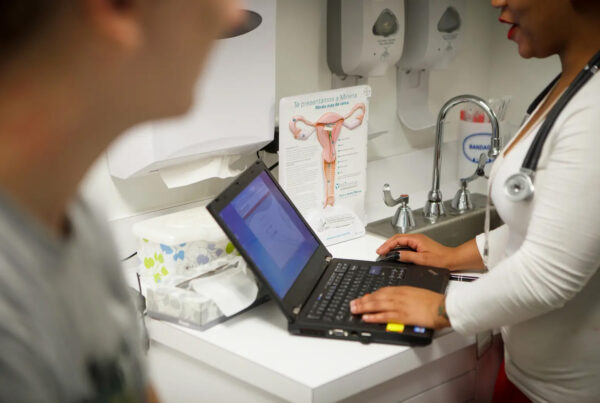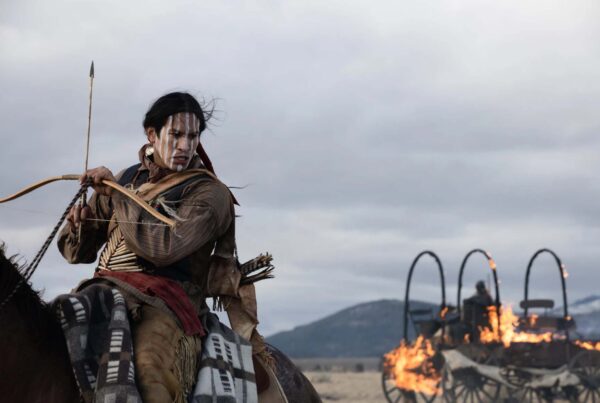Regular television news consumers may have noticed a trend recently. Industry insider Gary Brown sure did.
He’s CEO of Talent Dynamics, which works with and places people in the TV industry. And he wrote recently that they’ve seen more turnover in meteorologists than he can ever remember.
This is happening as researchers say weather events have become more severe as an effect of climate change.
Brown talked with the Standard about the trend.
This transcript has been edited lightly for clarity:
Texas Standard: What have you noticed when it comes to TV meteorlogists leaving the business?
Gary Brown: Well, it’s been interesting. We’re by no means the end all be all in the industry, but we work with a lot of different companies, stand-alone TV stations, broadcast groups. And I noticed an unusual amount of weather openings that we were doing searches for. We’ve probably done now, gosh, I want to say over 30, and we’re halfway through the year.
How does that compare with years past?
It’s higher. Definitely higher. And it’s interesting because they’re not necessarily all the big cities that people might expect.
Isn’t being a meteorologist on TV a fairly coveted profession? Why would anyone want to leave?
What we’re seeing is some people are leaving for aviation jobs as the airline industry has picked back up post-pandemic. I think there’s more hiring there, and meteorologists are needed.
But I’m also seeing a bit of, you know, climate change could be playing a role here. There was a meteorologist recently who quit their job because they got attacked for climate change.
You mean for remarks that they made about climate change?
Yeah, I know other people who get grief for reporting on, yes, things are hotter than normal and they get grief on social media and such, saying that they’re taking a side in this.
A lot of folks have started weather channels on YouTube. They’re getting a lot of views and a lot of revenue from streaming. I’m wondering if there’s not a more fundamental shift taking place when it comes to the platforms where people are getting their weather information?
Well, there’s always that. And that’s the thing that has scared local news. I mean, the one reason people come to local news and TV stations is for weather.
Yes, there are tons of online places you can get weather now: some good, some maybe not so good. You have the cable channels, but you also have – and this is an overall thing in the industry – a reluctance for people to move. I mean, we’ve seen this in the pandemic in general. When the pandemic started, people tend, like even what happened after 9/11, when people wanted to stay close to home and things like that.
But the weather people, the meteorologists, they have such an important role. When there are severe weather, tornadoes, they’re telling people what to do and to take cover. The job is to take care and make people as safe as possible. And so the role is as important now as it’s ever been.
How big of a crisis – or is it a crisis – for local TV?
I wouldn’t say it’s a crisis because I don’t want to sound alarmist, but it is a problem that people are aware of.
I was talking to a news director yesterday in a Florida market. You know, they’re losing someone in hurricane season, and they’re worried about, “am I going to be able to find someone to replace them and what should I be doing and what’s the outlook?” I mean, you want to hire good people. You don’t want to just hire to hire and fill a body.
It’s going to have to start at the collegiate level. We haven’t had to worry about this in the past, and now it’s becoming a real thing. And so we’re going to have to be our best evangelists, so to speak, about why they need to get in TV and why they need to do this and why it’s important.


